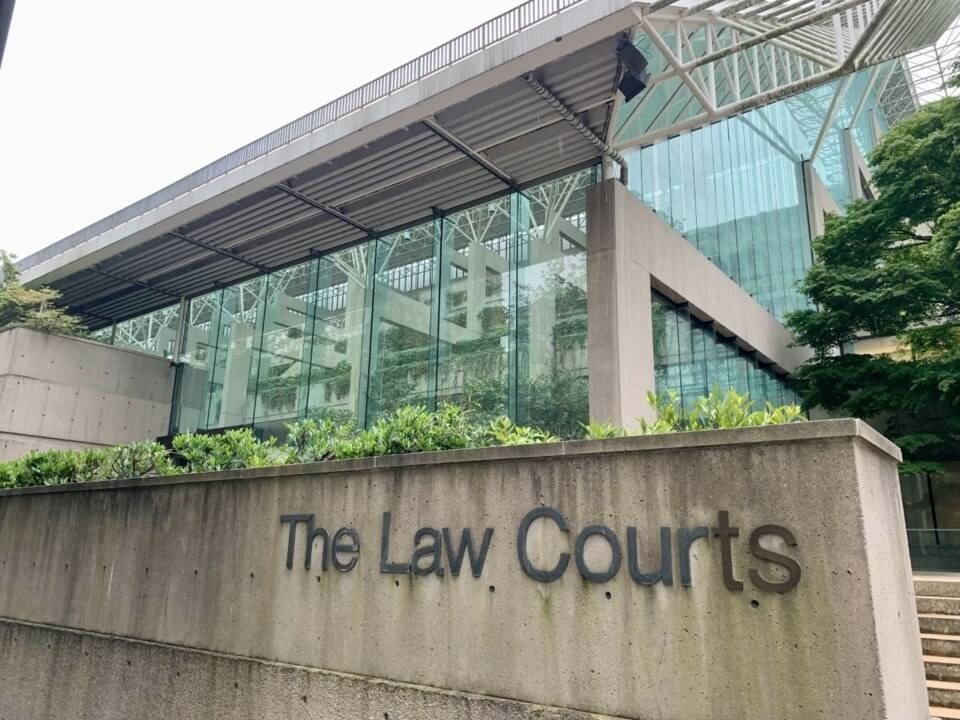A North Vancouver woman has been awarded $1.3 million in damages after falling victim to a fraudulent real estate scheme tied to a promised development project in Dubai. The ruling, released on August 6, requires Meera Virk and Kuldeep Virk to repay Manjeet Kaur Sandhu’s $600,000 investment, along with accrued interest and additional damages. The B.C. Supreme Court determined that the defendants breached a verbal agreement to borrow the money and use it for construction abroad.
Sandhu, a nurse and single mother, became involved after her brother-in-law introduced her to the Virks. He vouched for Meera Virk, who was described as a trustworthy figure operating an investment company called Hope Capital Investments. Court records show that Meera Virk repeatedly invoked their shared Sikh faith when persuading Sandhu to invest. Convinced by those assurances, Sandhu agreed to loan the couple $600,000 in 2016 with a promise of ten percent annual interest.
The payments were made in stages, accompanied by promissory notes and repeated claims that the Dubai development was close to completion. Despite constant promises, the Virks never repaid the principal or the interest. Over time, Sandhu faced not only significant financial losses but also emotional stress caused by years of deception.
Justice Richard Fowler noted that Sandhu’s trust was seriously violated and that she endured hardship due to the failed repayment. He also pointed out that the Virks have not faced police investigation or criminal penalties despite running what he described as a fraudulent scheme. The judge emphasized that Sandhu was misled by deliberate false promises and appeals to her cultural and religious values.
The case originally included several other defendants: Georgeta Donici, Rohita Pannu, Rohita Pannu Law Corporation, and Ranbir Singh Chahal. Those actions were dropped after Sandhu received $330,000 in payments from them. With those settlements resolved, the court’s focus remained on Meera and Kuldeep Virk, who are now responsible for the remainder, including the $600,000 loan, the interest, and damages for the harm caused.
The Virks did not appear in court during the trial and offered no defense. They also failed to challenge the evidence presented against them. The ruling noted that they have continued to acknowledge the debt in private communications. As recently as April 6, 2025, they admitted in an email to Sandhu’s lawyer that they had received the $600,000 and again promised to return it. Despite this admission, no repayment has been made.
For Sandhu, the court decision brings a measure of justice after nearly a decade of uncertainty. It confirms her right to recover her investment and compensates her for the financial and emotional strain she suffered. However, the judgment also leaves open the issue of whether the Virks will comply with the order and repay the full amount.
The outcome serves as a warning about the dangers of informal investment deals, particularly those involving international projects without strong legal safeguards. Sandhu’s case shows how even trusted personal connections can be misused in fraudulent schemes. For individuals considering similar opportunities, the ruling highlights the importance of due diligence, proper documentation, and verified oversight before committing large sums of money.
While the legal system has now affirmed Sandhu’s rights, the next step will be ensuring the judgment is enforced. Until repayment is made, the case stands as a cautionary tale of North Vancouver real estate fraud and its impact on everyday investors who seek better financial futures but instead face devastating losses.

